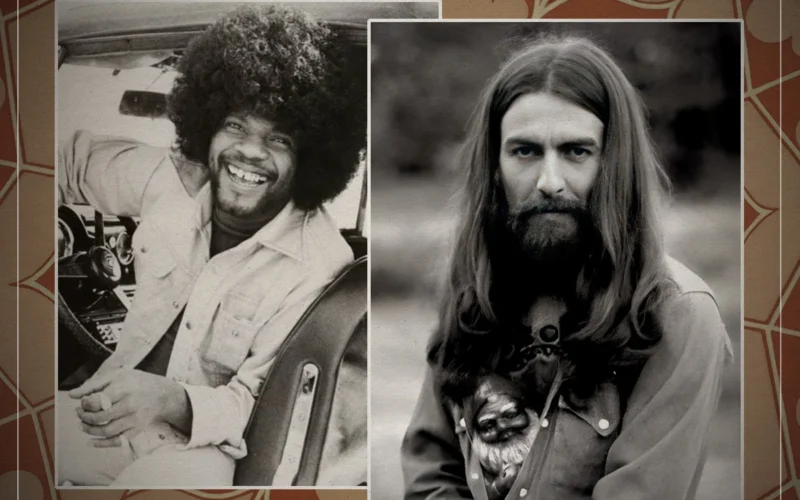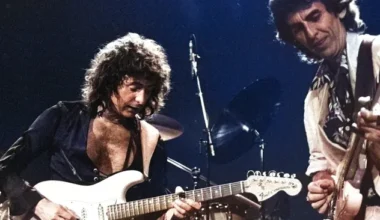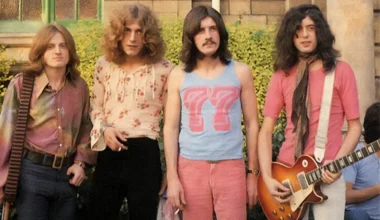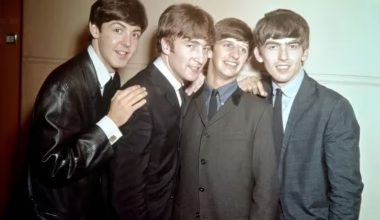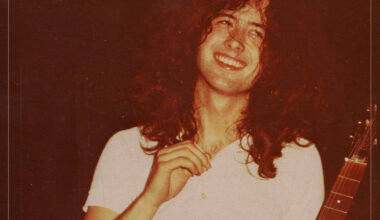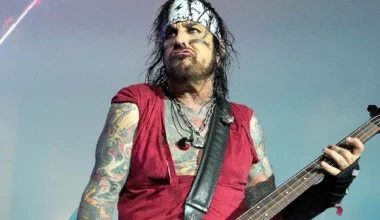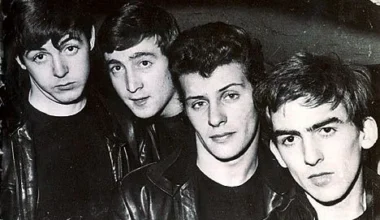Collaboration is among the most powerful tools within a musician’s repertoire, capable of rejuvenating and breathing new life into a performance or recording project. Yet, for the vast majority of their existence, The Beatles operated a closed camp.
Aside from a select few session musicians, the band relied solely upon each other, cooped up in a studio together for years on end. By the end of the 1960s, though, this unwavering close contact led to an intense level of conflict between the Fab Four.
When the ‘Mop Tops’ retired from touring in 1966, the plan was to focus entirely on studio work. An unprecedented, bold move, sure, but one which resulted in some of the greatest albums of all time, in the form of Revolver, Sgt Pepper’s Lonely Hearts Club Band, and the White Album, to name only a handful. A side effect of this studio work, though, was that the pressure placed upon the biggest band in the world only intensified.
After all, the world had never witnessed a band like The Beatles before; they changed everything. This also meant that they were under continued pressure to match the genius of their previous efforts, causing them to work tirelessly for years on end. Inevitably, if you spend multiple years in a high-pressure environment with the same three other blokes, people are going to fall out eventually. Towards the end of the band’s tenure, particularly during the ‘Get Back’ sessions, these fall-outs became utterly unavoidable.
With George Harrison walking out on the band, John Lennon demanding that Yoko Ono sit in on the band’s sessions, and Paul McCartney at odds with the rest of the band over the hiring of Allen Klein as a business manager, tension was at an all-time high during the 1969 sessions. Of course, it’s difficult to record a groundbreaking, seminal album when wound up so tightly, so The Beatles were desperately in need of something or someone to alleviate all of that pressure. As it turns out, salvation came in the form of Billy Preston.
A prolific session musician, keyboardist, and songwriter, Preston was equally at home playing the commanding grooves of funk, soul, and R&B as he was rock and roll. Throughout the 1960s, he worked as a sought-after session keyboardist for countless artists, which led him to strike up a friendship with The Beatles during the early days of their career, back in 1962.
Years later, during the ‘Get Back’ sessions, George Harrison reinvited Preston into the world of the Fab Four, and he proved to be the final piece of the puzzle when it came to alleviating the stress of the band. Harrison later recalled, “Billy came down and I said, ‘Remember Billy? Here he is – he can play the piano.’ He got on the electric piano, and straight away, there was 100% improvement in the vibe in the room.”
“Having this fifth person was just enough to cut the ice that we’d created among ourselves,” the Beatle continued. “Billy didn’t know all the politics and the games that had been going on, so in his innocence, he got stuck in and gave an extra little kick to the band.”
In the process, he became one of the very few external artists to be credited on a Beatles recording, with the single ‘Get Back’ promoted as ‘The Beatles with Billy Preston’. However, his influence seemed to permeate the entirety of the album’s recording sessions.
As Harrison confirmed, “Everybody was happier to have somebody else playing, and it made what we were doing more enjoyable. We all played better, and that was a great session.” Adding, “It was more or less just as it is on the record.”
Without the incredible influence of Billy Preston, who opened the pressure valve for ‘Get Back’, the iconic album might never have come to fruition; he seemed to stop, or at least delay, the imposition of the band without even knowing.
